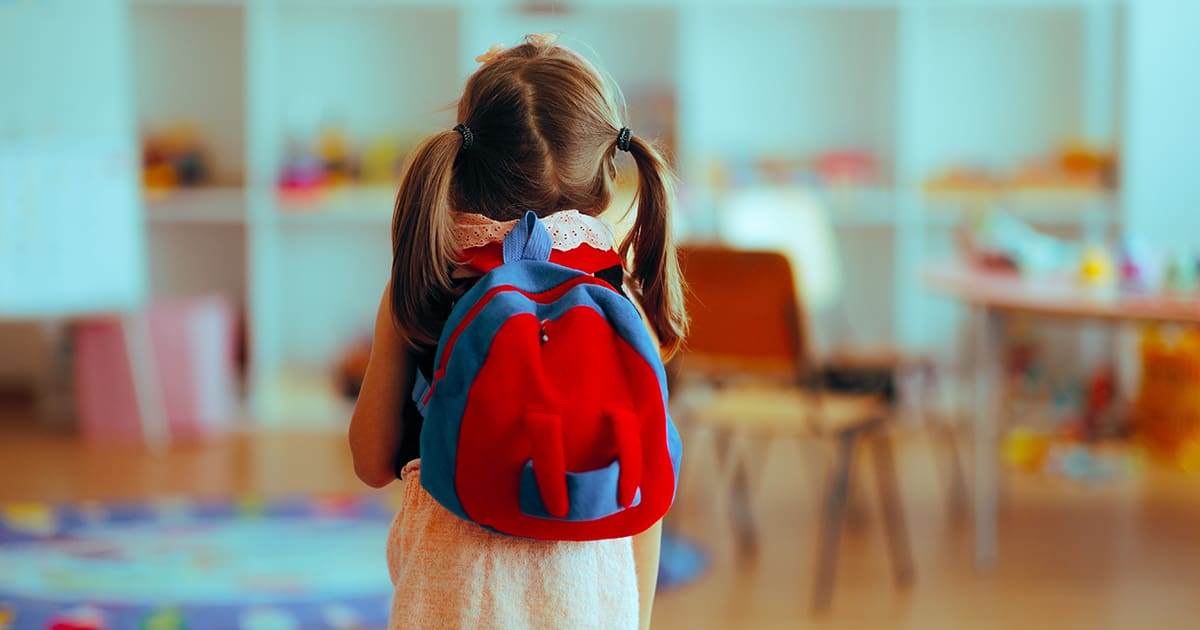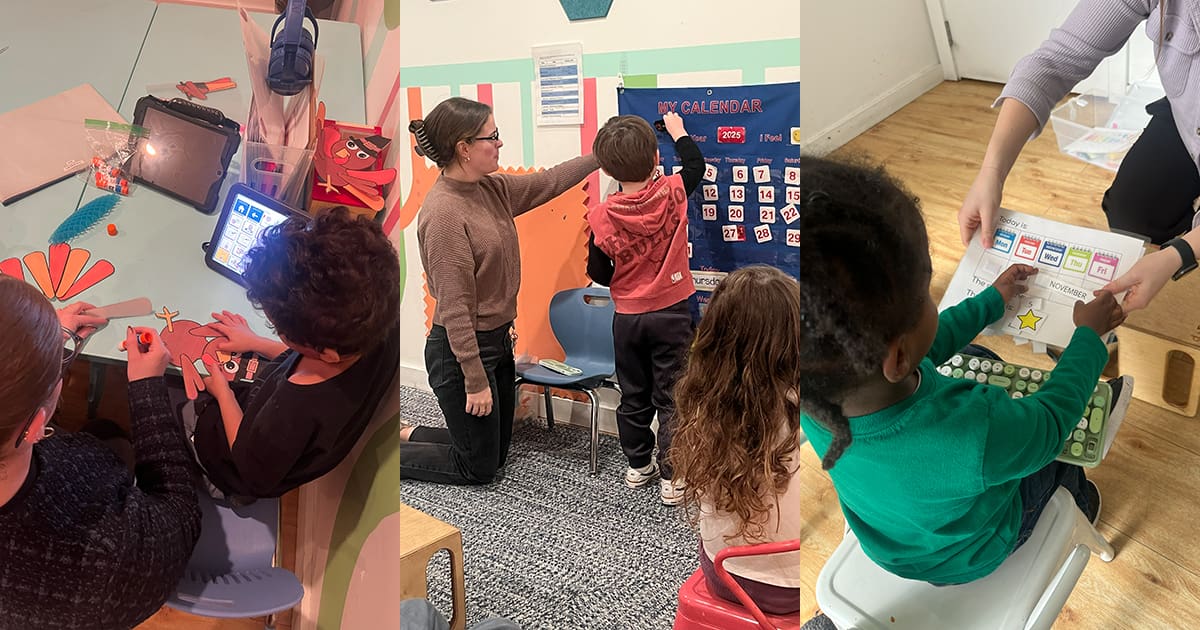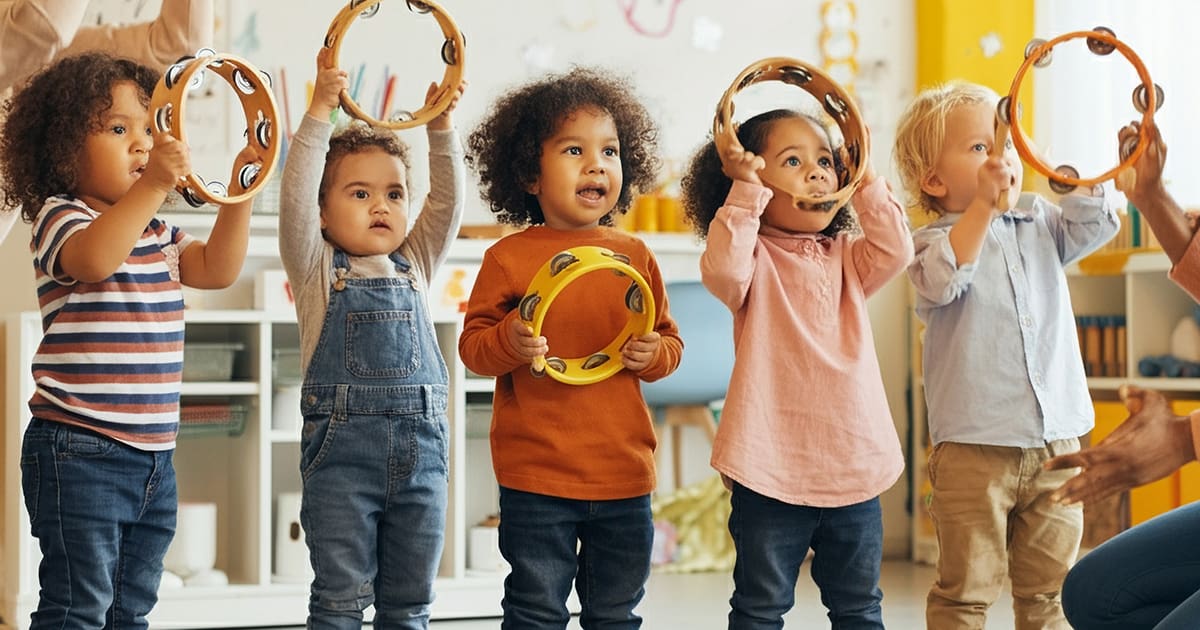Share this Post

Starting a therapeutic program is a big step for both children and their families. Whether your child is beginning a program for speech therapy, occupational therapy, ABA therapy, or a specialized therapeutic preschool, the transition can feel overwhelming. Parents may wonder what the first day will look like, how their child will adjust, and how to make the experience as smooth as possible.
At CST Academy, we understand that every child is unique, and so is their journey into a therapeutic program. Our goal is to provide a supportive, structured, and welcoming environment where children feel safe, engaged, and ready to learn. This guide will walk you through what to expect on the first day, how to prepare, and how to help your child transition into their new routine with confidence.
Preparing for Your Child’s First Day
Transitioning into a therapeutic program starts before the first day. Preparing ahead of time can help both you and your child feel more comfortable with this new experience.
Talk to Your Child About the Program
Children feel more at ease when they have a sense of what to expect. Talking about their new program in a positive and reassuring way can help reduce anxiety.
- Use simple, clear language to explain what they will be doing
- Describe the environment as a fun place where they will play, learn, and meet new friends
- Reassure them that you will be there to drop them off and pick them up
If possible, visit the location beforehand or look at pictures of the space together. Familiarity can help ease uncertainty.
Establish a Routine Before the First Day
Children thrive on consistency. If possible, start practicing parts of their new routine a few days before their first session.
- Adjust wake-up and mealtime schedules to align with their new program
- Talk about what will happen during the day, such as getting ready, traveling to the program, and meeting their therapist or teacher
- If the program involves structured learning, practice simple transitions at home, like moving from playtime to a seated activity
Establishing routines ahead of time can make the first day feel more predictable and comfortable.
Pack Essentials for a Smooth Start
Depending on the type of program, your child may need a few essentials to help them feel prepared. Some helpful items include:
- A backpack with extra clothes, if needed
- A comfort item, like a small stuffed animal, for reassurance
- A water bottle and any snacks if permitted
- Any necessary medical or therapy documents
Packing together the night before allows your child to feel involved and reassured that they have everything they need.
What to Expect on the First Day
The first day of a therapeutic program is focused on helping your child feel safe, welcomed, and comfortable in their new environment.
A Warm Welcome and a Gentle Transition
When you arrive, your child will be greeted by friendly staff who are trained to support smooth transitions. Many programs allow a brief period for parents to stay and help their child adjust before encouraging independent participation.
Children may be introduced to:
- Their therapist or teacher
- New peers and play areas
- Daily routines and expectations
Some children feel comfortable right away, while others need a little extra time to adjust. Both reactions are completely normal, and staff members are experienced in helping children settle in at their own pace.
Engaging in Play-Based Learning
Most therapeutic programs begin with structured yet fun activities designed to help children feel at ease. Depending on your child’s specific program, they may participate in:
- Play-based activities to encourage exploration and interaction
- Sensory-friendly experiences to help regulate emotions and comfort levels
- Structured therapy sessions focused on speech, motor, or social skills
Therapists and teachers will observe how your child interacts, communicates, and engages with different activities, using this time to tailor future sessions to their needs.
Encouraging Socialization and Communication
For children attending group-based programs, the first day often includes gentle social interactions with peers. Therapists guide these interactions in ways that encourage participation without pressure.
Activities might include:
- Parallel play, where children play side by side without direct interaction
- Turn-taking games to practice communication and social skills
- Group movement activities to foster engagement in a fun way
Children are never forced into interactions they are not ready for, and every effort is made to ensure they feel comfortable.
Tracking Progress and Gathering Insights
Therapists and educators take note of how children respond to their new environment on the first day. This helps them:
- Identify areas of strength and areas where extra support may be needed
- Adjust the program to better fit the child’s unique needs
- Develop a customized plan for ongoing therapy and skill-building
Parents may receive a brief summary of how the first session went, along with tips for reinforcing progress at home.
Supporting Your Child After the First Day
The transition into a therapeutic program does not end when the first session is over. Continuing support at home can help your child adjust and feel excited about returning.
Celebrate Their Success
Even if the first day had some challenges, focusing on positive moments helps build confidence.
- Praise your child for their efforts, even if they were nervous
- Ask them about something fun they did, rather than focusing on difficulties
- Reinforce the idea that they will get more comfortable with time
If your child expresses concerns, listen patiently and reassure them that it is okay to feel unsure about new experiences.
Maintain a Consistent Schedule
Predictability helps children feel secure. Sticking to a routine each day they attend therapy can make transitions smoother.
- Keep morning and bedtime routines consistent
- Arrive at the program at the same time each day
- Create a goodbye ritual, such as a special handshake or hug, to make drop-offs easier
The more familiar the routine, the more confident your child will feel.
Communicate with Therapists and Educators
Ongoing communication with your child’s therapists or teachers is key to ensuring a successful transition. If you have concerns or notice changes in behavior at home, sharing this information allows for better support.
Regular updates help therapists tailor their approach to your child’s evolving needs.
Helping Your Child Thrive in a Therapeutic Program
Starting a therapeutic program is a significant milestone for both children and their families. While the first day may bring excitement, nervousness, or a mix of emotions, patience and preparation can make the transition smoother.
At CST Academy, we are committed to making every child feel safe, supported, and empowered as they begin their therapy journey. Our experienced team works closely with families to ensure that each child receives individualized care and encouragement.
If you have questions about what to expect or how to prepare your child for their first day, we are here to help. Contact CST Academy today to learn more about our programs and how we can support your child’s growth and success.
Discover Our Pediatric Therapy & Autism Care
ABA Therapy
Support for children with autism.
Autism Evaluation
Expert assessments to identify child needs.
Pediatric Therapy Services
Speech, Occupational, Feeding, and Physical Therapy.
Therapeutic Preschool
A classroom environment designed for early learners with unique needs.

Find the Best Care for Your Child




